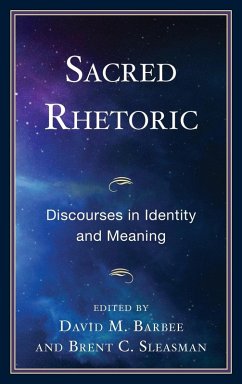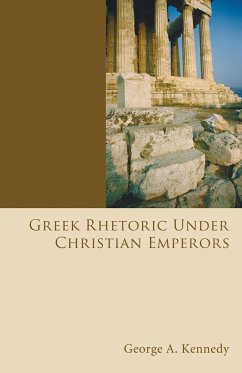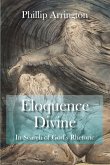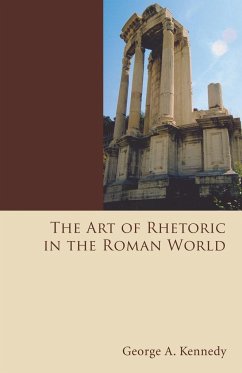There have always been historical and philosophical connections between the study of religion and rhetoric, and yet, the phrase "sacred rhetoric" is rarely found within scholarly conferences, presentations, and publications. The editors of this collection intend to fill this void by presenting a collection of essays which define, in the broadest terms possible, "sacred rhetoric" as necessary discourse of/on religion. The contributors represent multiple perspectives and disparate academic fields such as philosophy, biblical studies, rhetoric, and communication, and each essay is united by a common concern for public discourse that examines the intersection between religion, rhetoric, culture, and identity. Collectively, these essays dissect the manner in which religious actors or religious themes inform various layers of cultural discourse. The goal is to foster discussion based upon a greater awareness of the issues at stake and contribute to ongoing discourse about identity and meaning.
Hinweis: Dieser Artikel kann nur an eine deutsche Lieferadresse ausgeliefert werden.
Hinweis: Dieser Artikel kann nur an eine deutsche Lieferadresse ausgeliefert werden.








